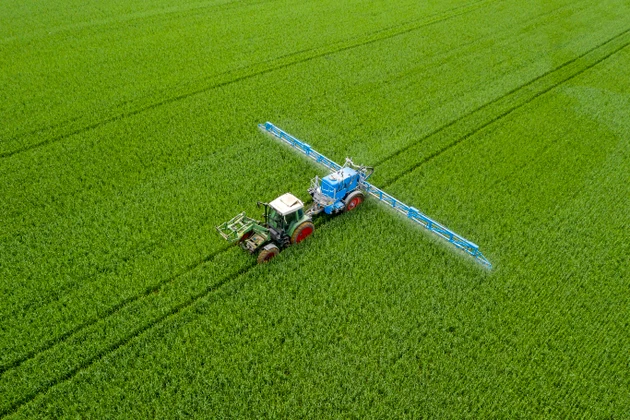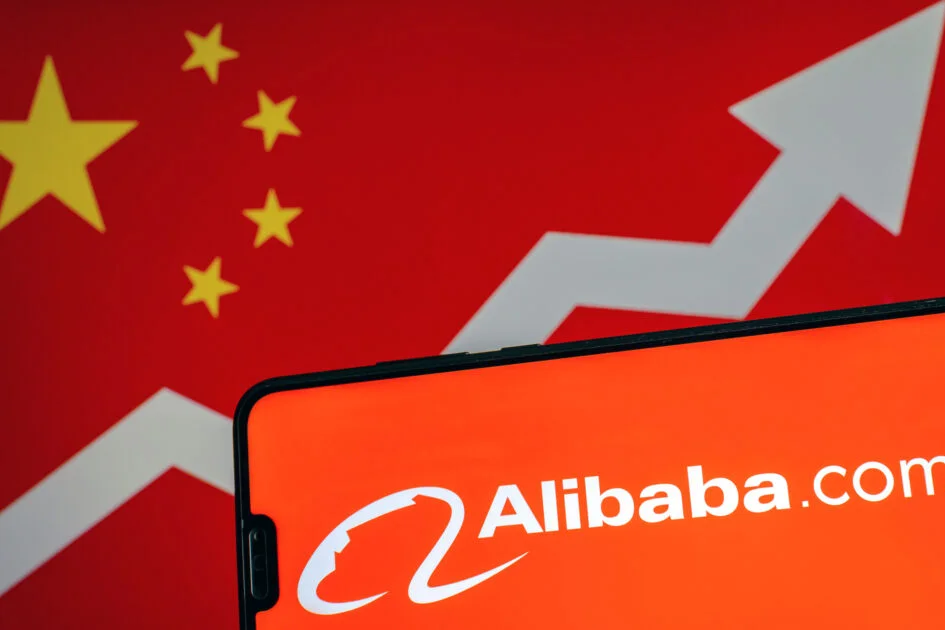Copyright thestandard

The vast majority of Fonterra shareholders have agreed to sell all its consumer brands to Lactalis, and it’s an economic crime against New Zealand. Winston Peters is right, writing to all farmer shareholders: “Farmers, under this deal you will not control the very thing that has underpinned your success for generations: quality. “For $4 billion, they are giving it away,” Peters writes. And Winston knows that rather than spend this farmer windfall, the older generation of farmers will just use it to tidy up their bank debt and sell out: “The short-sighted may have dollar signs in their eyes, having heard that farmers stand to have hundreds of thousands put in their bank account. But when the sugar rushes, the ants follow. Watch how quickly that money goes,” the NZ First leader says. Tractor dealers aren’t going to get a windfall. Banks will. Peters is also sceptical about a clause in the agreement that allegedly only guarantees that Fonterra farmers will supply Lactalis with milk for three years. “After three years, Lactalis can terminate milk supply from Fonterra for Anchor and Mainland. Or to put it in the jargon of Fonterra, “‘the initial term is three years. Following the initial term, the Global Supply Agreement automatically renews until it is terminated’,” Peters explains. Fonterra is the only company with any global stature in a major international market of any kind that we have ever produced. Selling these brands when we look back on this time in 20 years, will be at least as consequential as Glaxo selling out of New Zealand in the 1970s as it marched forward to leave us and form the global giant GlaxoSmithKleine. Lactalis really kicked off its growth in the 1960s. As a young country we should have the collective corporate memory to track that even by the 1980s New Zealand were down to a duopoly which evolved into Fonterra in 2001. The merger was seen as a way to ensure the long-term viability and growth of this vital sector and maximize the value captured from New Zealand milk for New Zealanders. Fonterra should have been and was intended to be our giant that took this entire economy upwards. It’s doing the opposite. There is no need to imagine what Fonterra could have done if they had had a successful corporate growth strategy guided by a strong government hand: Fonterra were formed by government hand directly. The industry begged them to do it. Prime Minister Helen Clark accepted their future vision as good for us in the long term. MBIE and MPI direction to Fonterra was supine beyond that. The government also has two seats on its board that sets the price for milk, so don’t anyone tell you there are no ways the government could influence the price of butter. Fonterra after nearly a quarter of a century have given up their global ambition. They have sold off all of their global plants except Australia and that will go soon. They have started with a massive company and shrunk it and its ambition every year for a decade. Fonterra have consistently failed to deliver what they promised the government and the people of New Zealand. What they have done is sell off the commercial brands for cash and deliver much of that cash back to shareholders because they didn’t have an alternative business plan to use it for. Their lack of growth ambition is staggering particularly considering what is at stake in New Zealand’s economic prosperity in Fonterra. If Fonterra had the skill and ambition of Lactalis or Kerry’s we would see Palmerston North bustling with spinoff companies. They may have dozens of PhD food scientists but we have less than a handful of unique products and very, very few international patents upon which to build wealth. In the late 1990s and early 2000s industry leaders hoped the massive new cooperative would move beyond simply exporting commodity products and transition toward higher-value goods like specialized ingredients, consumer foods, and even pharmaceuticals. That was our history. The government saw this potential to “move up the value chain” as a key benefit for New Zealand’s economy Fonterra is now left generating the same Business-To-Business ingredients and foodservice items which as we have seen are far more volatile in price than branded consumer products. It is also a sale decision which is irreversible. It took us a century to make and grow these brands, well beyond the time Fonterra began. On current record we are never going to make those equivalent food brands again. There is nothing inherent in New Zealand that means we cannot build and generate powerful consumer brands: obviously Anchor and TipTop and Mainland and Kapiti are right up there, and clearly worth a lot. It takes time and consistent investment and patience. As the Mainland cheese advert consistently says: Good things take time. Fonterra need to be held to account by Parliament directly if not by the market or the media: where are their promises for New Zealand now? Why aren’t you vaulting into our version of Glaxo or Nestle? Why is your drive for prosperity so damn weak? Farmers get short term cash from this sale, but the Fonterra brands sale is a destruction of value that will see Fonterra continue to shrink in size and ambition and in the long term will weaken the entire economic prosperity of New Zealand. This is Fonterra’s economic crime against New Zealand.



